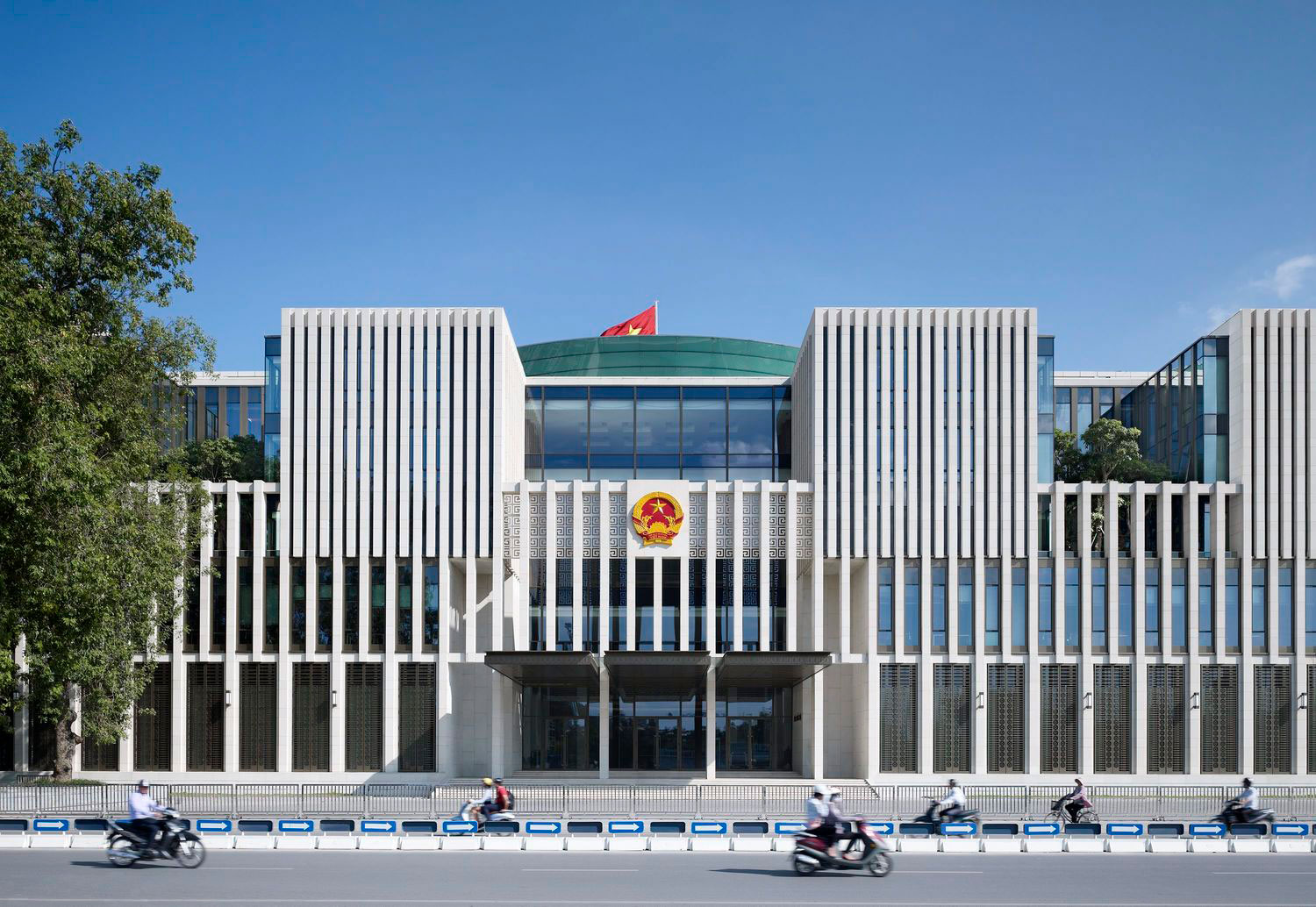Vietnam’s Ministry of Planning and Investment has responded to the OECD’s Global Minimum Tax initiative by proposing a draft decree to establish an Investment Support Fund. This initiative comes after the passage of top-up tax legislation in late 2023, which imposes a 15 percent minimum tax rate on foreign firms operating in Vietnam, potentially benefiting the state treasury by $600 million.
Concerns arose about the potential slowdown of foreign direct investment due to the removal of tax incentives, which previously attracted multinationals to Vietnam. The idea of cash payments to foreign firms was rejected by the OECD, prompting Vietnam to explore alternative incentives.
The proposed Investment Support Fund aims to utilize the top-up tax collected to promote research and development (R&D) in high-tech industries, aligning with Vietnam’s goal of transitioning to high-tech manufacturing. Key features of the draft decree include:
- R&D Reimbursements: Firms that commit a minimum of $61.5 million within three years may receive reimbursements for up to half of their R&D expenses, provided they spend over $4.9 million.
- Training Support: Eligible firms investing $61.5 million in the initial three years may qualify for reimbursement of up to 50 percent of training costs.
- Eligibility Criteria: The fund targets large foreign investors engaged in high-tech production or advanced technology application, with investments of at least $492.3 million or revenues exceeding $821 million annually. Additionally, these firms must disburse a minimum of $492 million in the first three years of their operations in Vietnam.
The proposed decree, in line with Resolution 110/2023/QH15, aims to stabilize the investment environment and attract multinational corporations by supporting R&D and training initiatives within the country’s high-tech sectors.














